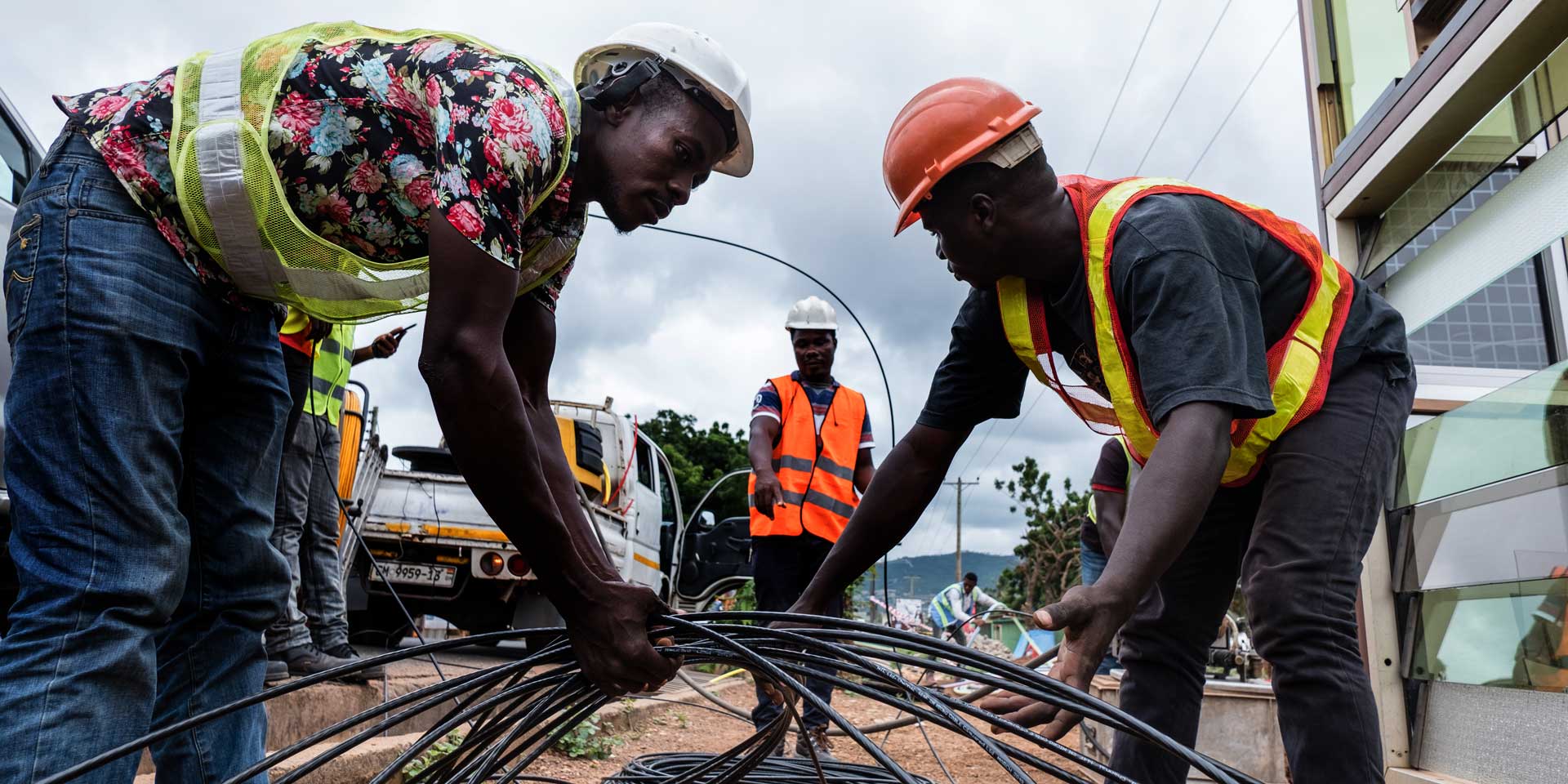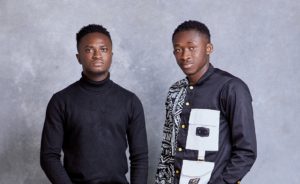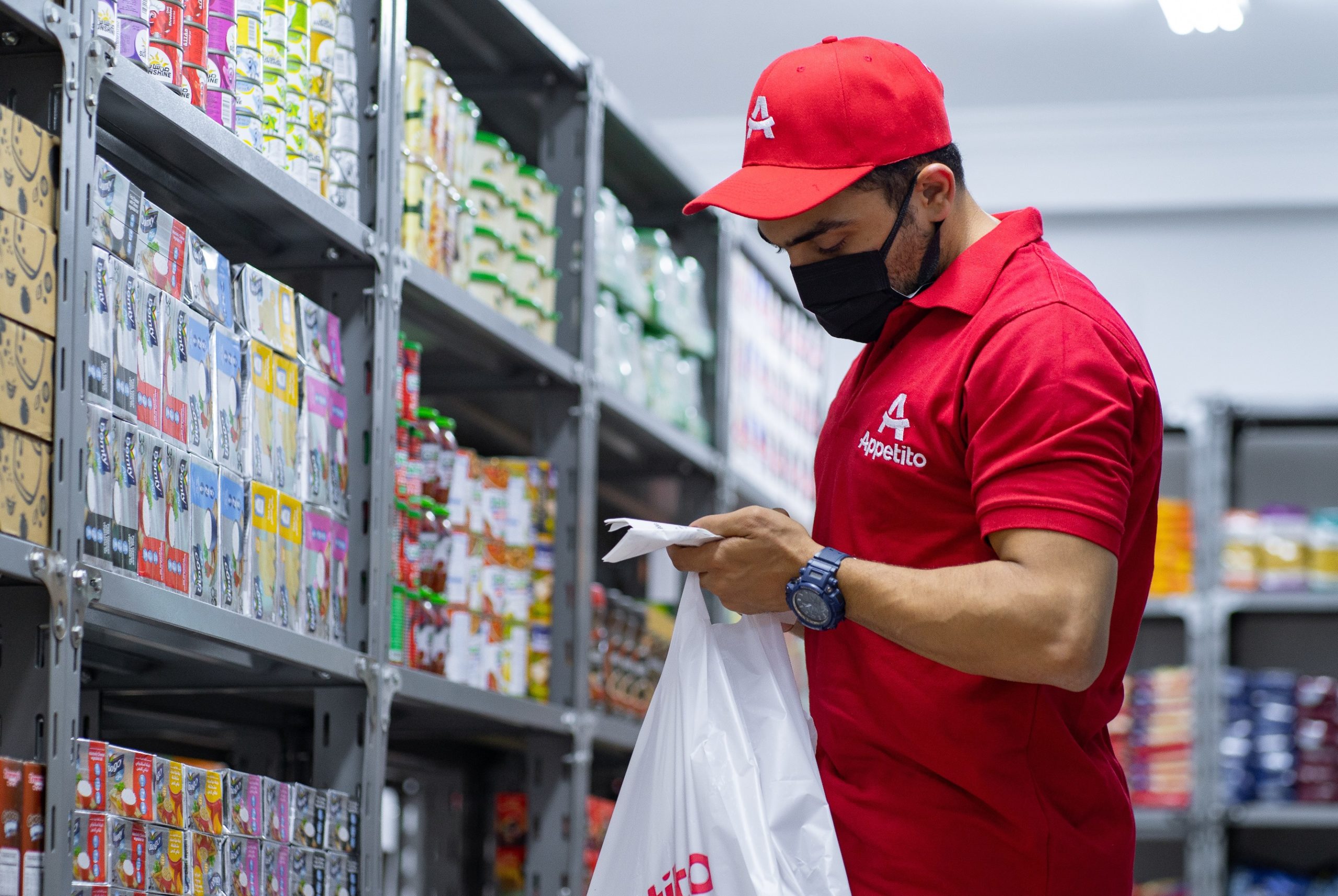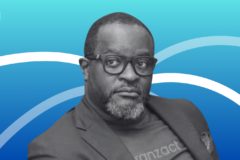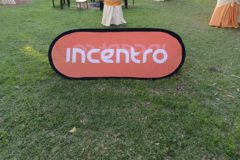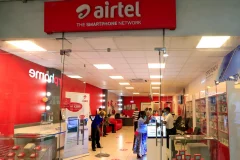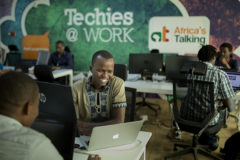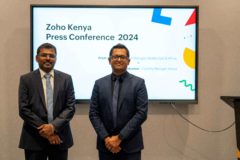Africa’s largest fibre company, Liquid Intelligent Technologies, this week announced that it was partnering with Facebook to build an “extensive” fibre network – over 2,000 kilometres (or 1,243 miles) long – on the continent.
The network will help create a digital corridor from the Atlantic Ocean through the Congo Rainforest, the second-largest rainforest after the Amazon, to East Africa, and onto the Indian Ocean.
Liquid Technologies, which is present in more than 20 countries in Africa, says it has been working on the digital corridor for more than two years. This corridor now reaches the Democratic Republic of Congo and will connect DRC to its neighbouring countries including Angola, Congo Brazzaville, Rwanda, Tanzania, Uganda, and Zambia.
According to a statement on Liquid’s website, the project is one of the most “extensive and difficult” builds that the company has undertaken. It will require the work of at least 5,000 people from local communities to create the network.
“We know that deploying fibre in this region is not easy, but it is a crucial part of extending broadband access to under-connected areas,” said Ibrahima Ba, head of Network Investments in Facebook’s Emerging Markets unit. “We look forward to seeing how our fibre build will help increase the availability and improve the affordability of high-quality internet in DRC.”
The move makes Facebook one of the biggest investors in fibre networks in Africa and is one in a string of attempts by the company to bring the staggering number of disconnected Africans online.
A 2019 report by the International Telecommunications Union (ITU) shows that sub-Saharan Africa is home to the largest number of people without access to an internet connection.
The long haul and metro fibre network is expected to improve internet access for more than 30 million disconnected Africans and help meet the growing demand for regional connectivity across Central Africa.
Facebook has been working towards bridging the huge connectivity gap in Africa but not all efforts have been successful. In 2016, the company switched to a predominantly fibre strategy after the failure of a satellite to beam internet access to the continent.
A similar effort by Alphabet, Google’s parent company, to bring connectivity to remote and underserved areas in Africa using balloons also faltered. The project, called Loon, failed to find a financially viable model and was shuttered by the U.S. tech giant.
Facebook then started rolling out its Free Basics initiative to dozens of companies in Africa and last year put out a blog post revealing 2Africa – a major subsea cable meant to “interconnect 23 countries in Africa, the Middle East, and Europe.”
Though Facebook will fund the DRC fibre build and support network planning, the infrastructure will be built and operated by Liquid. The latter will then sell wholesale services to internet service providers and mobile network operators.
The network will stretch from central Congo to the eastern border with Rwanda and eventually connect with and expand the reach of 2Africa. Meanwhile, the subsea cable will land along both the East and West African coasts and is expected to be completed by 2024.
“Liquid Technologies and Facebook have a common mission to provide affordable infrastructure to bridge connectivity gaps, and we believe our work together will have a tremendous impact on internet accessibility across the region,” the Liquid statement reads.
Did you enjoy reading this article? Please fill out this survey. We need your feedback to help us introduce content you will find useful.







